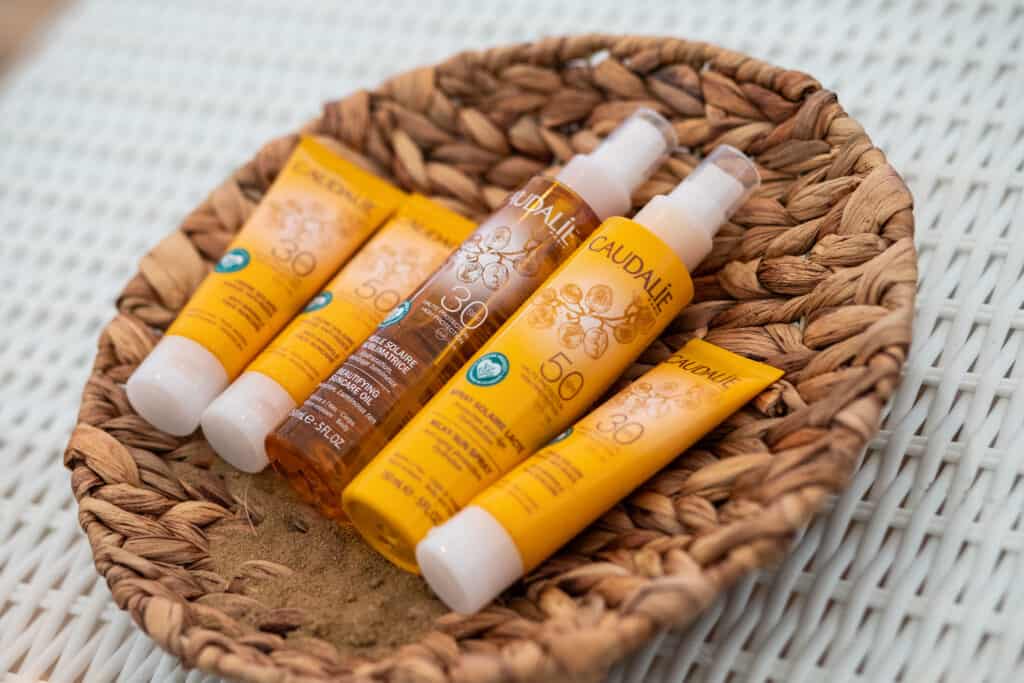What are the Best Reef-safe Sunscreens for Cozumel MX?
As summer approaches, so does the time to break out the sunscreen! But before you lather up with just any old bottle of SPF, consider switching to a reef-safe sunscreen. What is reef-safe sunscreen? Reef-safe sunscreen is free of the harmful chemicals found in many conventional sunscreens that can damage delicate coral reefs.
While you might not think that your personal sunscreen use has much of an impact on the world’s coral reefs, consider this: they estimated that 14,000 tons of sunscreen end up in our oceans every year. And when you factor in the 2.6 million tons of plastic that also enters the ocean each year, it’s no wonder coral reefs are in trouble.
Besides the physical damage caused by plastic pollution, chemicals found in many conventional sunscreens are also wreaking havoc on coral reefs. Oxybenzone and octinoxate are two common chemicals found in sunscreens that have been harmful to coral reefs. These chemicals can cause coral bleaching, which is when coral loses its color and becomes more susceptible to disease.
While the evidence is clear that we need to protect our coral reefs, switching to reef-safe sunscreen is just one small step you can take to make a difference. Here are three reasons you should switch to reef-safe sunscreen:
- Reef-safe sunscreens don’t contain harmful chemicals.
- Reef-safe sunscreens are just as effective as conventional sunscreens.
- You can feel good knowing that you’re doing your part to help protect coral reefs.
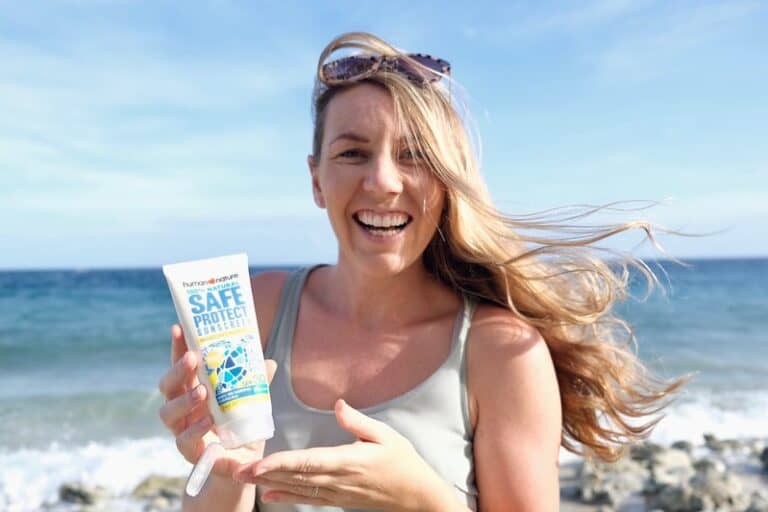
Things You Should Know Before Going into the Sun
Before hitting the beaches in amazing places like Cozumel, where some of the world’s best coral reefs can be found, there are a few things you should keep in mind. First, always remember to pack a reef-safe sunscreen! Not sure which brand to choose? Check out this list of the best reef-safe sunscreens from Allure magazine.
Besides packing sunscreen, remember to:
-Avoid touching or standing on coral
-Respect wildlife
-Pick up any trash you see
-Be a responsible tourist
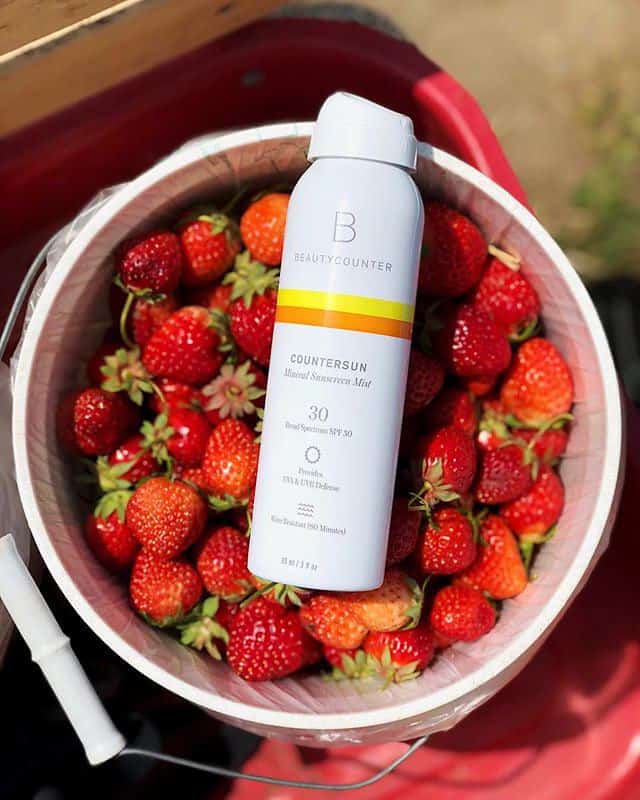
How to Use Reef-Safe Sunscreens
Now that you know a bit more about reef-safe sunscreens, it’s time to learn how to use them effectively. First, apply sunscreen to all exposed skin. It’s also important to reapply your sunscreen every two hours, or more frequently if you’re swimming or sweating.
Remember that no sunscreen is 100% effective at blocking UV rays. So even if you’re using reef-safe sunscreen, it’s still important to wear protective clothing and seek shade when possible.
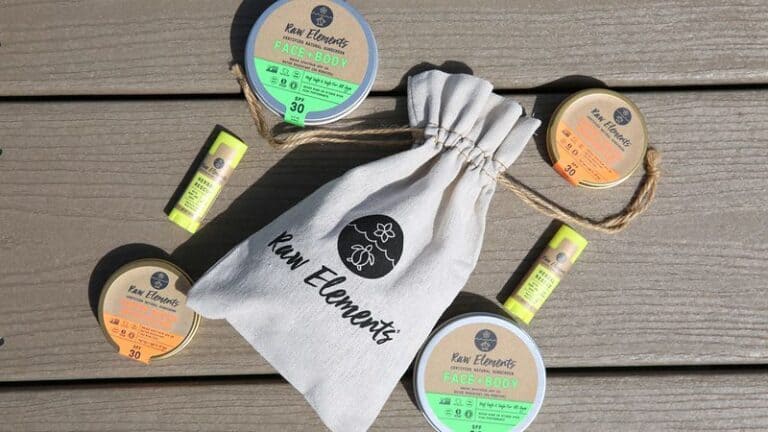
Reef-Safe Sunscreens Vs. Regular Sunscreens
Sunscreen, as you may have guessed, protects against UV light. Chemicals protect against UVB light, while physicals block UVA rays.
Chemical and physical sunscreens have different ways of preventing and healing skin damage from the sun. Most reef-safe sunscreens are physical sunscreens because they don’t contain the harmful chemicals that could damage coral reefs.
While not all sunscreen chemicals are safe for coral reefs, there are a few that can be used, such as those made with minerals. There are several ingredients in these sunscreens that you should know before using.
- Oxybenzone.
- Nanoparticles.
- Para-Aminobenzoic Acid.
- Triclosan.
- Camphor.
- Methylparaben.
- Benzyl Paraben.
If you’re not sure whether sunscreen is reef-safe, always check the label. Reef-safe sunscreens will list zinc oxide and/or titanium dioxide as the active ingredients.
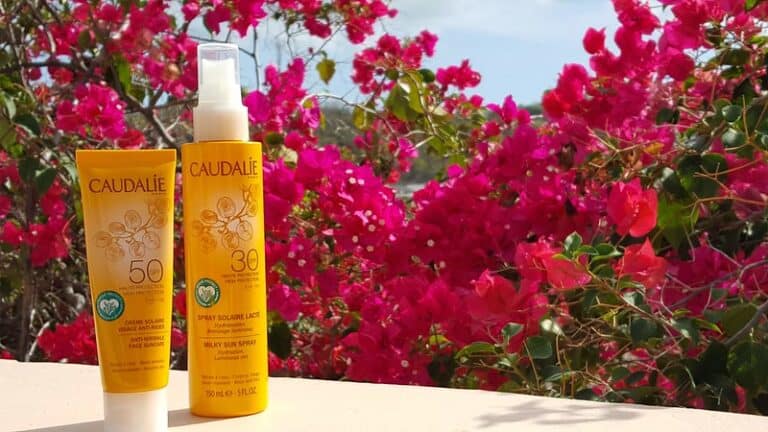
Tips for Choosing the Right Reef-Safe Sunscreen
Sunscreen is the first line of defense against sun damage and should be used regularly on all areas of your body. Here are a few tips to help you decide which sunscreen is right for you:
Check the label to make sure the sunscreen is free of oxybenzone and octinoxate.
- Choose a sunscreen with an SPF of 50 minimum.
- Look for a reef-safe sunscreen that is water-resistant.
- Choose a sunscreen that is easy to apply and doesn’t leave a white cast on your skin.
- Consider your specific needs when choosing a sunscreen. For example, if you have sensitive skin, look for a Reef-Safe sunscreen that is hypoallergenic.
It’s important to protect the reef and your skin from harmful UV rays from the sun. These products are a must for anyone who wants to snorkel or scuba dive and needs to be part of your gear bag.
- MANDA Organic Sun Paste (SPF 50)
- Badger Sport Sunscreen cream (SPF 35 Unscented)
- ThinkSport Mineral Sunscreen (SPF50+)
You may have a list, but it’s best to verify the ingredients list to make sure it’s safe for the reef. With your new knowledge of reef-safe sunscreens, it’s time to make the switch.
Not only will you be doing your part to protect coral reefs, but you’ll also be using sunscreen that is just as effective as conventional sunscreens. So what are you waiting for? Make the switch today.
Why Book With Us?
Book through this website, and we guarantee you’ll get the lowest price on the internet. You’ll be dealing with us, the owners and we never charge booking fees, so you will save up to 30% of the cost over sites like Airbnb. Book our Couple’s accommodation in Cozumel here.


